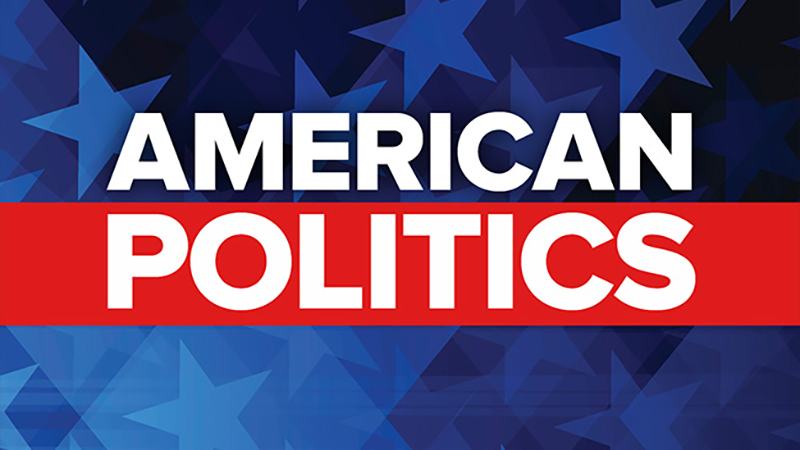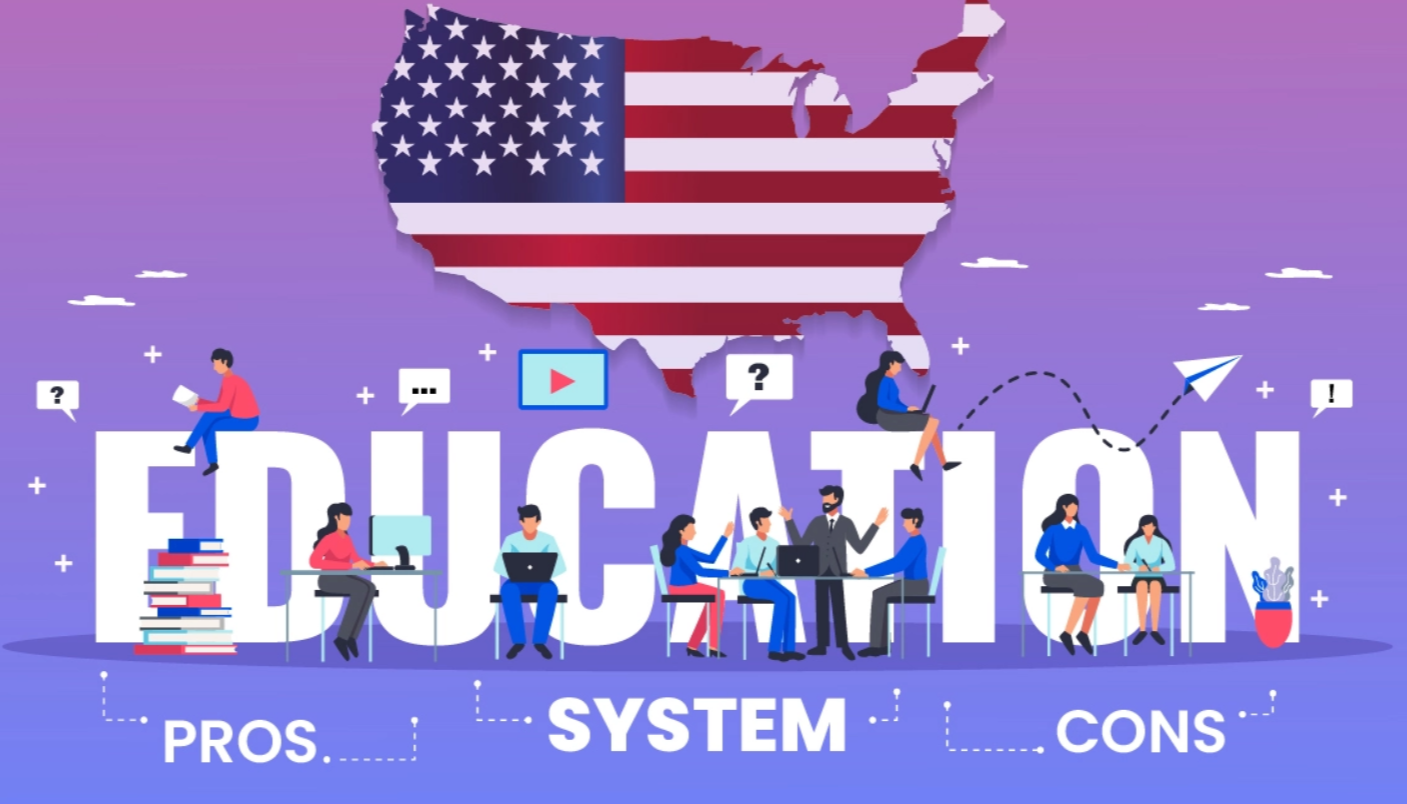(ThyBlackMan.com) Every year, millions of high school students enroll into college in America with the hope of pursuing their higher education and preparing for the careers of their dreams. There are a lot of variables that go into whether a high school student is admitted into college and two of the most important of those variables are standardized test scores like the ACT or SAT and whether the student is being recruited as a “student-athlete” at a college or university. Those two ways to get into college were mixed in with some big-time bribery after recent news that the FBI indicted nine college coaches and dozens of other people for participating in an alleged bribery scheme that helped wealthy parents, including celebrity actresses Lori Loughlin and Felicity Huffman, secure their children admission to some of the nation’s top colleges. This is a significant story that intersects race and class privilege and shows the ridiculousness of the idea of merit in education.
One of the men at the center of this bribery scandal is William “Rick” Singer, who has already plead guilty to charges including racketeering conspiracy, and he allegedly helped wealthy clients bribe top colleges to get their children into school. This was done by creating fake standardized test scores and creating fake athletic profiles for the prospective students since the academic admissions process for athletes is different and more relaxed for athletes compared to the general student population at many schools. The bribery scheme involved significant sums of money from wealthy people, overwhelmingly white, who collectively paid $25 million to get their children into schools such as Georgetown, Stanford, UCLA, USC, Texas, Wake Forest and Yale.
profiles for the prospective students since the academic admissions process for athletes is different and more relaxed for athletes compared to the general student population at many schools. The bribery scheme involved significant sums of money from wealthy people, overwhelmingly white, who collectively paid $25 million to get their children into schools such as Georgetown, Stanford, UCLA, USC, Texas, Wake Forest and Yale.
“These parents are a catalog of wealth and privilege,” U.S. Attorney Andrew Lelling said in announcing the case in Boston. It is no secret that that the more wealth a person has in America, the more privilege that person has. Many times thoughts of how wealth is thought of in terms of privilege relates to not being poor, not having to struggle regarding food, shelter, and other basic necessities and those are all very important aspects of class privilege.
This situation shows another important way that wealth and class privilege can play out regarding education as along with having greater access to more bountiful and resourceful schools from elementary school through high school school, there are advantages to having access to standardized test-taking courses to be admitted into college. These advantages set up wealthy parents to hand off the wealth to their children to maintain the wealth gap that many people are aware of both economic and racial.
There are a lot of absurd and ridiculous stereotypes about college athletes in sports like basketball and football because most of the best of those athletes are black men. The idea that most black male athletes have no interest in earning their college degrees is perpetuated by the hysteria over “the one-and-done” rule in college basketball and when actual academic scandals happen involving college athletes. It is important to remember that many of the schools that those black athletes come from are already at a financial and economic disadvantage that makes for a big adjustment into a major college or university. It is another story for wealthy, white parents of students who have the benefit of both class and racial privilege to make up a fake athletic profile to better their child’s chances of getting into a desired college or university. This case also shows the foolishness of the “hard work, get ahead” myth that is so pervasive given parents were also paying people to secretly take college entrance exams. Much is made about how “affirmative action” gives “unearned advantages” to low-income students of color at the expense of “more” qualified white students but the myths of affirmative action being negative don’t point out the differences in resources and how privilege plays a part in making the path for higher education ridiculously uneven.
Staff Writer; Mark Hines
















Leave a Reply